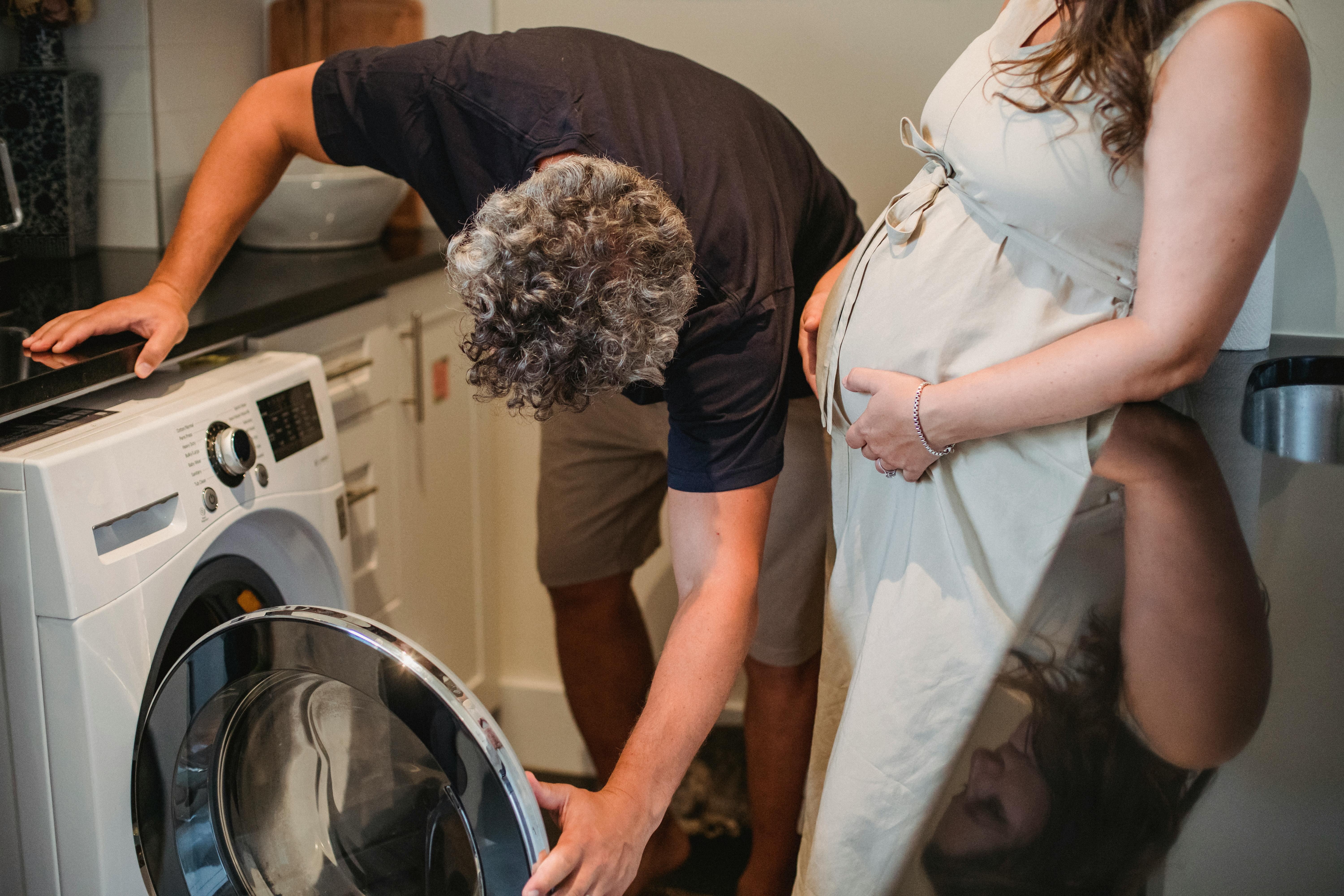With Easter fast falling upon us all, it’s time to start thinking of new and creative ways to spend time with the kids. All holidays require some kind of creative activities to keep the kids (and adults!) entertained, and Easter is one of those fun holidays where the weather can be great and you can spend your days in parks and as a family, but then it could also be rainy and miserable for two weeks and you find yourself looking for fun things to do inside. It’s always complicated.
There are many activity books on the market designed to keep kids entertained on bad weather days, long car rides, or trips to visit friends and family. These books are great, often colorful and task oriented, they provide real focus for children. However, they are also generic and frequently repetitive in terms of the content and activities they suggest are completed. Homemade activity books that are tailored for individual children are much better!
Creating your own activity books for your children is a wonderful way to ensure that all of the activities contained in the book are engaging for your specific children. It’s also a fun way to stretch your own creative muscles, something that’s so important in adult life and often gets lost in the mundane routines of housework, academic life, work life, and family responsibilities. When creating your own children’s activity book, there’s also the opportunity for them to help you create the activity book in the first place – a fun activity in its own right!
So what kinds of things can go into an activity book? Well, as discussed above, the beauty of creating your own activity book is that you have control over the activities in it. The content of the book will also depend on the age of the child or children who will be using the book. However, some common ideas for activities that might suit a variety of children and ages include:
– Write a story about the image. Cut out a small sketch or picture from a magazine and paste it at the top of a page. Then give the children the task of writing a story about the picture in front of them, asking them to be as imaginative as they want.
– Finish the prize. Start a story by writing an opening line and ask them to finish it.
– I spy. Choose an accessible room in your house, such as the kitchen, and have children make a list of all the items they can find in that room that begin with a chosen letter, such as the letter M.
– All about me. Provide space for children to draw and write about themselves.
– Create a character. Write some adjectives that could be used to describe a fictional character and ask the children to draw what they think of when they hear these words.



